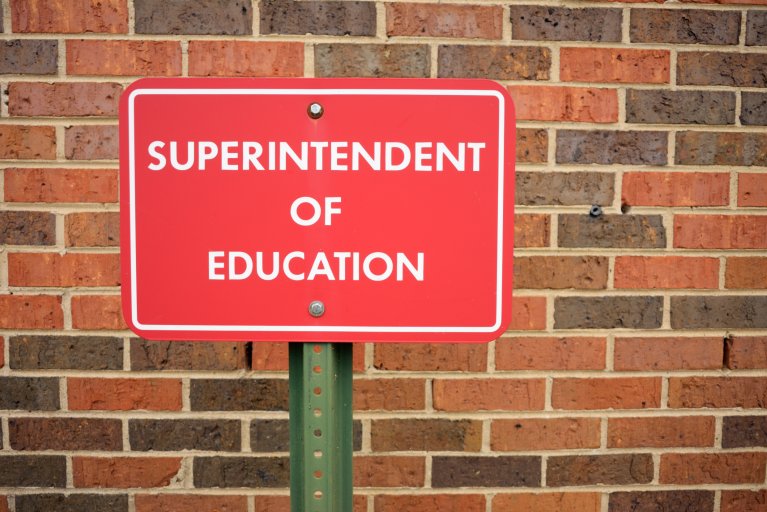U.S. Supreme Court Justice Clarence Thomas called a veteran's arguments "especially unconvincing" this week as the court issued an opinion on a case involving benefits for former U.S. service members.
"Rudisill's contrary argument is especially unconvincing given that Congress included other period-of-service limitations in the very subchapter at issue," Thomas wrote in his dissenting opinion on the Rudisill v. McDonough, Secretary of Veterans Affairs case.
The context:
On Tuesday, the U.S. Supreme Court issued a ruling in the Rudisill v. McDonough case, siding with the veteran in a 7-2 ruling.
According to the Associated Press, the court ruled that James Rudisill, a former U.S. Army Captain, could maintain some of his educational benefits under two different G.I. Bills.
Supreme Court Justice Ketanji Brown Jackson wrote the majority opinion, with Justices John Roberts, Sonia Sotomayor, Amy Coney Barrett, Elena Kagan, Neil Gorsuch and Brett Kavanaugh, siding with her opinion.
Thomas and Justice Samuel Alito wrote a dissenting opinion.
What we know:
According to the Supreme Court, since World War II, the federal government has provided U.S. Service members with educational benefits "through various GI bills."
"Typically, GI bills provide 36 months of educational benefits each up to a cap of 48 months in cases where servicemembers become eligible for benefits under more than one GI bill," the court said. "This case concerns two GI bills with overlapping service periods—the Montgomery GI Bill Act of 1984 (covering service between 1985 and 2030) and the Post-9/11 Veterans Educational Assistance Act of 2008 (covering service on or after September 11, 2001)."
The opinion states that Rudisill began his time in the U.S. Army in 2000 and went on to serve eight years, on three separate periods of military service. During his first period of service, Rudisill enlisted in educational benefits under the Montgomery Bill but the opinion states that "through his subsequent periods of service, Rudisill also became entitled to more generous educational benefits under the Post-9/11 GI Bill. Rudisill sought to use his Post-9/11 benefits to finance a graduate degree."
The Associated Press reported that Rudisill believed he had 10 months of educational benefits under a previous plan, but he was denied by the Department of Veterans Affairs.
Views:
"Thus, to summarize: Per §3322, servicemembers who are eligible for educational benefits under either the Montgomery GI Bill or the Post-9/11 GI Bill—from a period of service that could qualify for either program—can opt to credit that service toward one educational benefits program or the other," Jackson wrote in her opinion.
However, in his dissenting opinion, Thomas wrote, "The Court holds that, although Rudisill must make some election to switch from his Montgomery to Post-9/11 benefits, the statute's corresponding limits do not apply because it would reduce the amount of available benefits. In my view, the Court ignores the statutory mechanism that Congress created in favor of an interpretation that reaches a desired outcome. I respectfully dissent."
What's next:
According to the Associated Press, lawyers for Rudisill said that the decision on Tuesday could help 1.7 million U.S. Veterans. However, the Department of Veterans Affairs said that the number isn't "anything close" to 1.7 million, the AP reported.
Newsweek reached out to the Supreme Court and the Department of Veterans Affairs via email for comment.
Disclaimer: The copyright of this article belongs to the original author. Reposting this article is solely for the purpose of information dissemination and does not constitute any investment advice. If there is any infringement, please contact us immediately. We will make corrections or deletions as necessary. Thank you.



